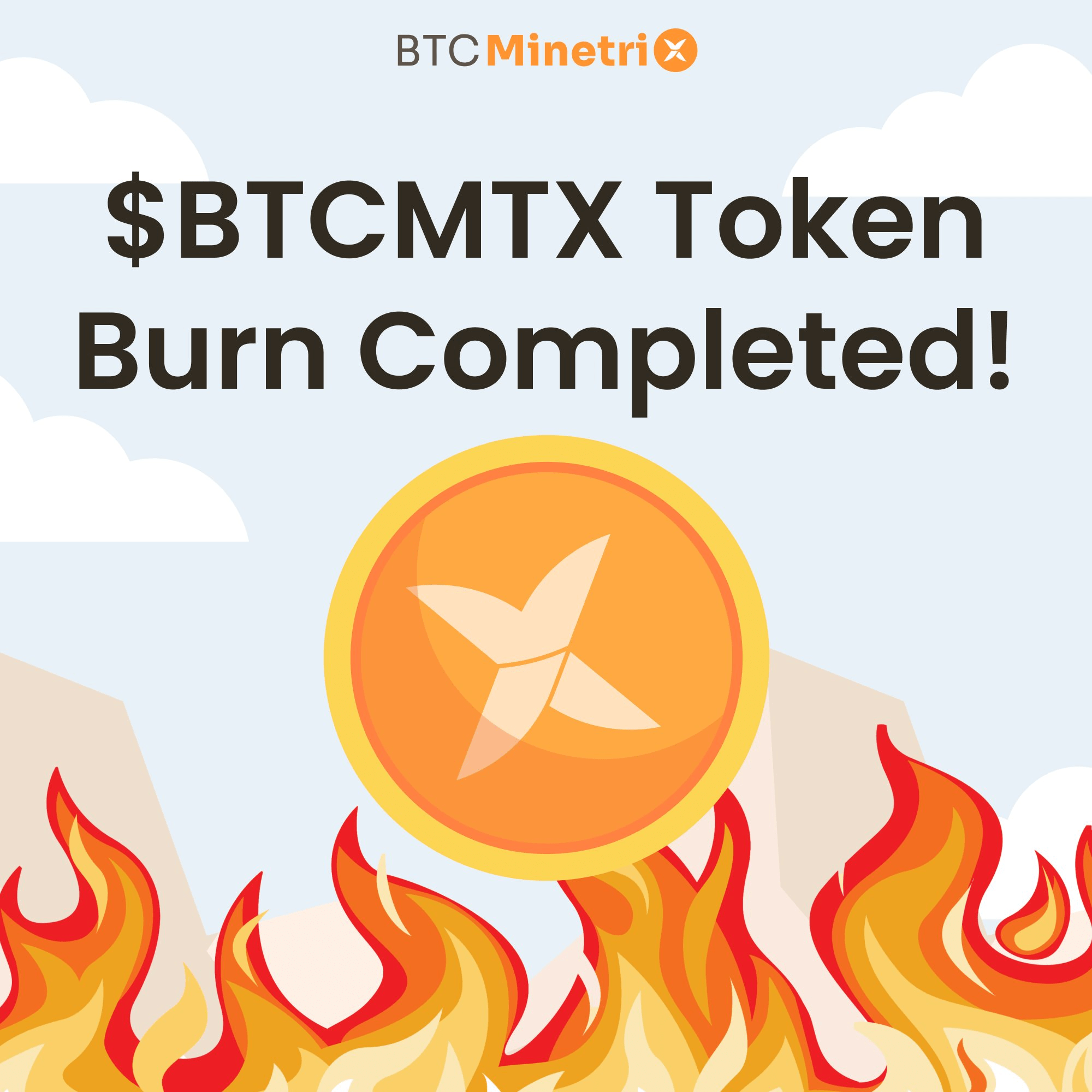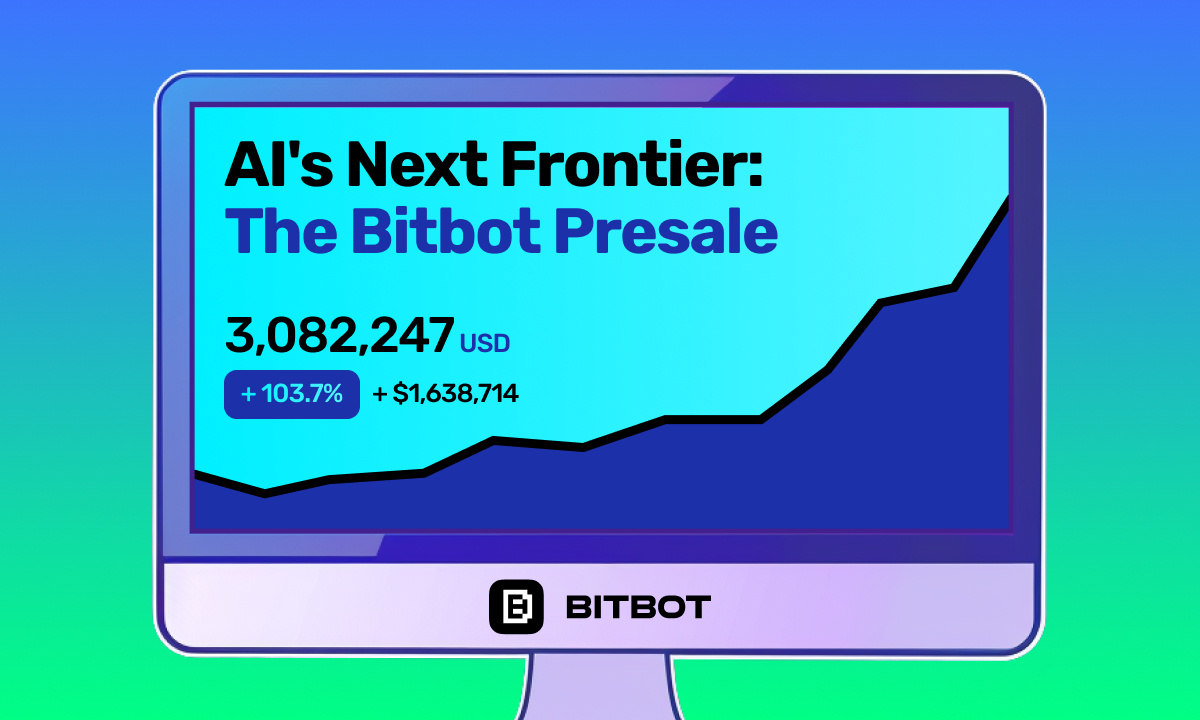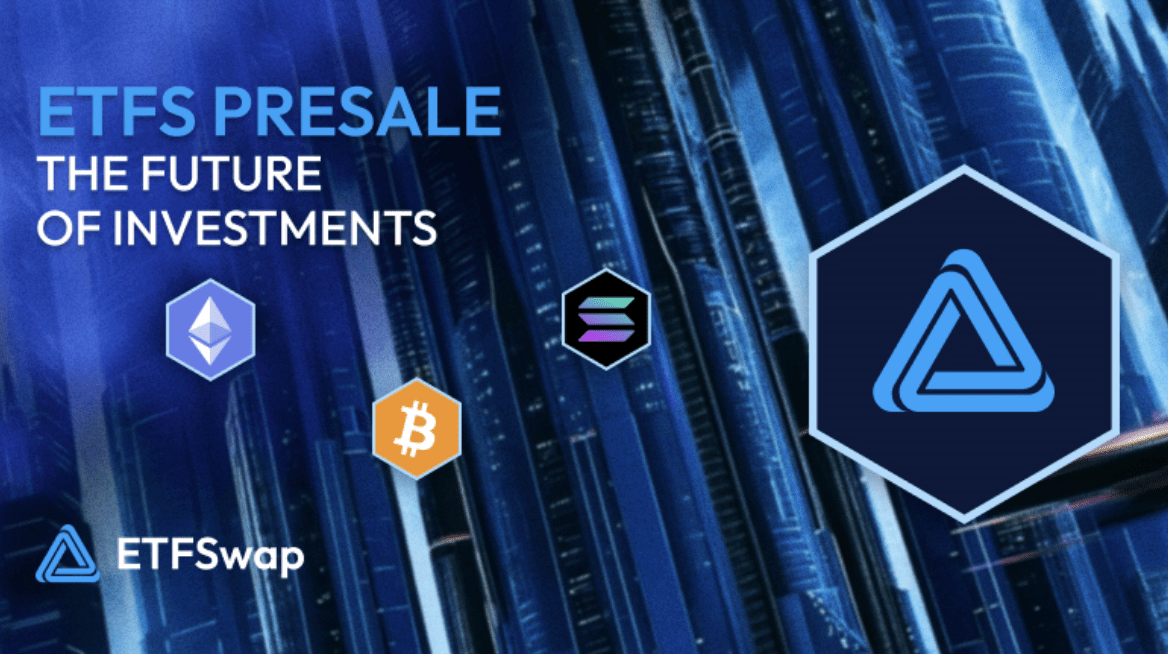Table of Contents
- What Does Real Estate Tokenization Look Like?
- The Power Of Tokenized Real Estate
- New Business Models
- Challenges For Real Estate Tokenization
- A Compelling Use Case
The real estate industry is ripe for transformation through the advent of tokenization, which makes it possible for physical properties to be represented as digital tokens on the blockchain. Tokenizing real estate opens the door to fractional ownership and the possibility of millions of new investors getting involved in the industry. No wonder, real estate tokens have already become extremely popular, accounting for almost 40% of the global digital securities market.
The clearest advantage of tokenization is that it dramatically lowers the barrier to entry, enabling small-scale investors to become part-owners of real estate for the first time.
What Does Real Estate Tokenization Look Like?
Tokenization of real estate is a powerful yet simple concept, where a property such as a luxury beach resort, hotel, condominium or home is represented by digital tokens. The property can be represented by, say, 10,000 tokens, meaning 10,000 different individuals could each own a portion of that asset. By enabling fractional ownership, investors with limited capital can finally get involved in real estate.
Blockchain technology is the foundation on which real estate tokenization is built. The decentralized ledger, which also underpins Bitcoin and other cryptocurrencies, provides a secure and transparent platform for digital assets to be stored and transferred. Smart contracts, which are agreements that execute automatically when specific conditions are met, can be used to streamline the transaction process, eliminating the need for intermediaries.
The Power Of Tokenized Real Estate
It’s not just that transactions become more efficient. Tokenization can also bring greater liquidity into the real estate market, and make it more accessible. Real estate has traditionally always been an illiquid asset class because of its high costs and the complex transaction process. When real estate is tokenized, this is no longer the case, as individuals can freely buy and sell shares of a property without any intermediary. This ease of buying and selling, combined with the lower costs, encourages greater liquidity for the industry.
Small investors especially can benefit from tokenization. Before tokenization, someone would need millions of dollars to invest in high-end real estate. With fractional ownership, that’s no longer the case as individuals can purchase a small share of an expensive luxury resort and become an investor in real estate for the first time. Tokenization has the effect of making real estate more inclusive.
Opportunities for small investors already exist. The blockchain-based real estate investment platform LABS Group recently announced that it had successfully distributed the first dividends to investors of the luxurious Kunang Kunang Tent Resort project based in Indonesia. It’s a luxury resort on the island of Java, located in a picturesque destination renowned for its natural beauty, and it has enjoyed big demand since the reopening of tourism in the region following the COVID pandemic. The Kunang Kunang Tent Resort has a commendable 9.6 rating on Booking.com and 9.3 rating on Agoda, and has achieved an average occupancy rate of 58% since it first opened a year ago. According to LABS Group, early investors’ dividends amounted to a yield of approximately 10%.
Normally, individuals would need access to millions of dollars to become an investor in a project like the Kunang Kunang Tent Resort, but tokenization has instead made it possible for thousands of individuals to get involved by acquiring non-fungible tokens, or NFTs, that represent a share of the property.
It doesn’t just lower the barrier to entry though, for tokenization also means increased transparency and transaction efficiency. If an investor decides they no longer want to be involved, they can quickly sell their share of ownership (the tokens they own) on a decentralized, public marketplace. The transaction will be powered by smart contracts and completely transparent, improving regulatory efficiency.
New Business Models
Blockchain technology can also be leveraged to create new business models involving real estate. For instance, Staynex is a revolutionary vacation membership platform that enables users to acquire the rights to visit resorts on an annual basis. It’s similar in some ways to timeshares, but investors can also earn rewards simply by holding onto their membership. Stays at resorts are tokenized through NFTs that specify the number of nights allocated to each investor at a specific property.
The startup calls its NFTs “Staynex Passes”, and they provide the NFT holder with a guaranteed annual stay at the specified resort and the ability to earn rewards from the resort’s business operations. Of course, users are free to sell or gift their NFT to someone else at any time.
Challenges For Real Estate Tokenization
If real estate tokenization is to gain traction, the industry will need to overcome a couple of challenges. One of the main concerns is the lack of any consistent regulatory framework that governs digital asset markets. Different countries have different laws regarding crypto assets, and this can cause confusion for project leaders and investors. In addition, there’s no centralized reporting system for tokenized real estate transactions, which may cause issues with regulators that want to monitor and enforce compliance in the industry.
Another concern has to do with the potential vulnerabilities of smart contracts. If smart contracts can be exploited, investors may be wary of investing too much money into tokenized real estate. However, it’s hoped that as regulatory frameworks for digital assets evolve, the process of tokenizing real estate and transferring these assets will become more secure.
A Compelling Use Case
While those challenges may hold back adoption of real estate tokenization for now, there seems little doubt that it can be a revolutionary, game-changing concept for the industry. Tokenization and fractional ownership will dramatically increase accessibility, giving millions of people an enticing opportunity to diversify their investments. As the number of tokenized properties increases, investing in real estate will become a radically different and more inclusive experience.
Disclaimer: This article is provided for informational purposes only. It is not offered or intended to be used as legal, tax, investment, financial, or other advice.















